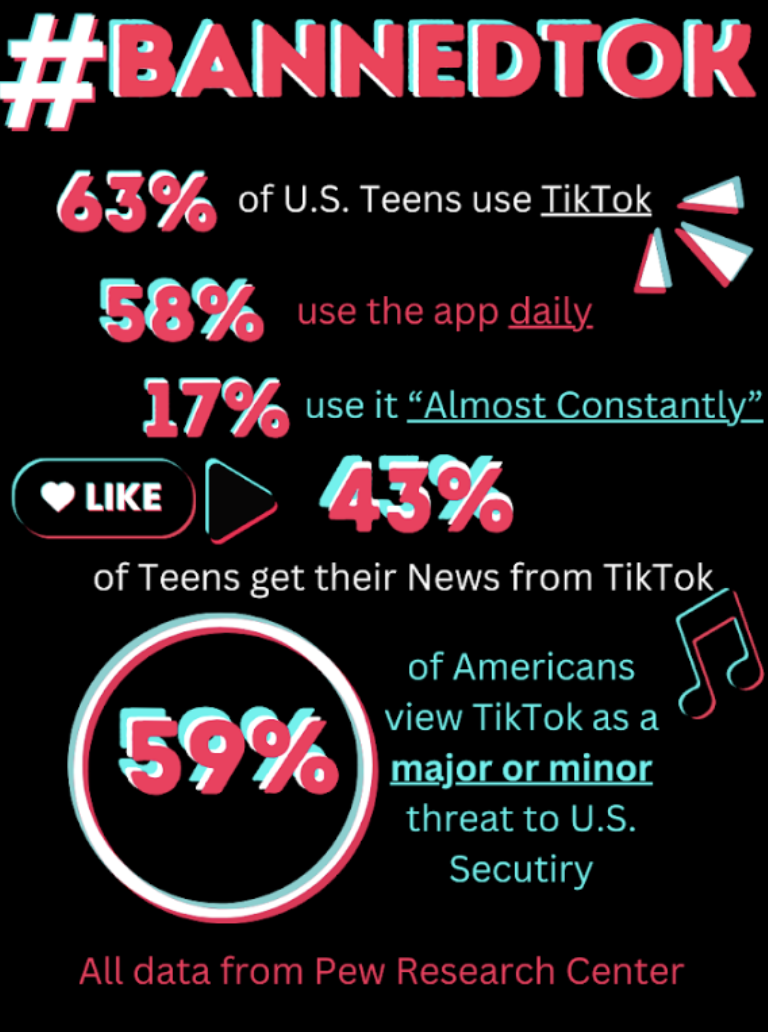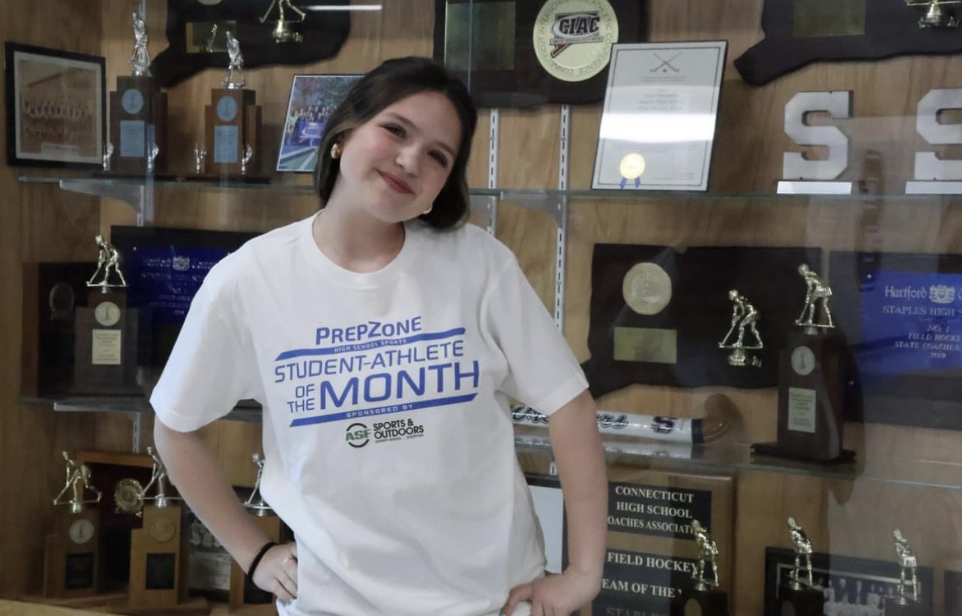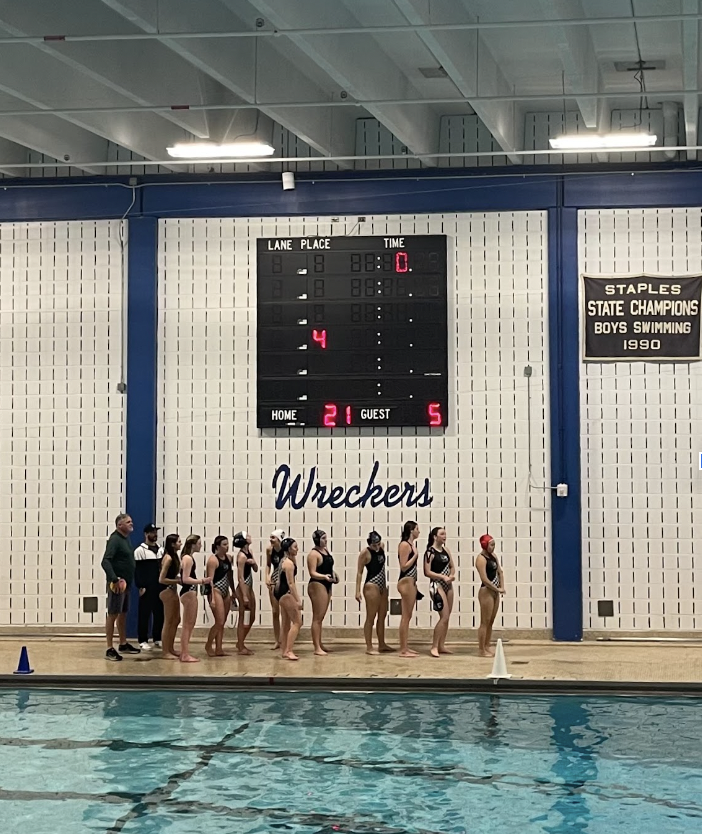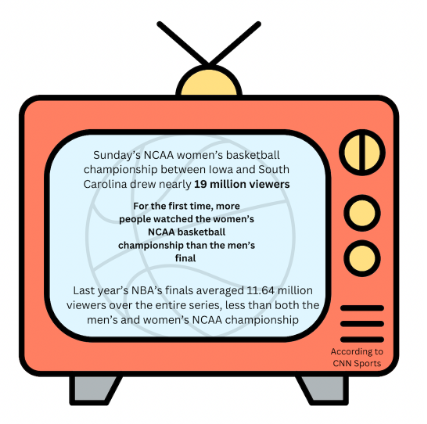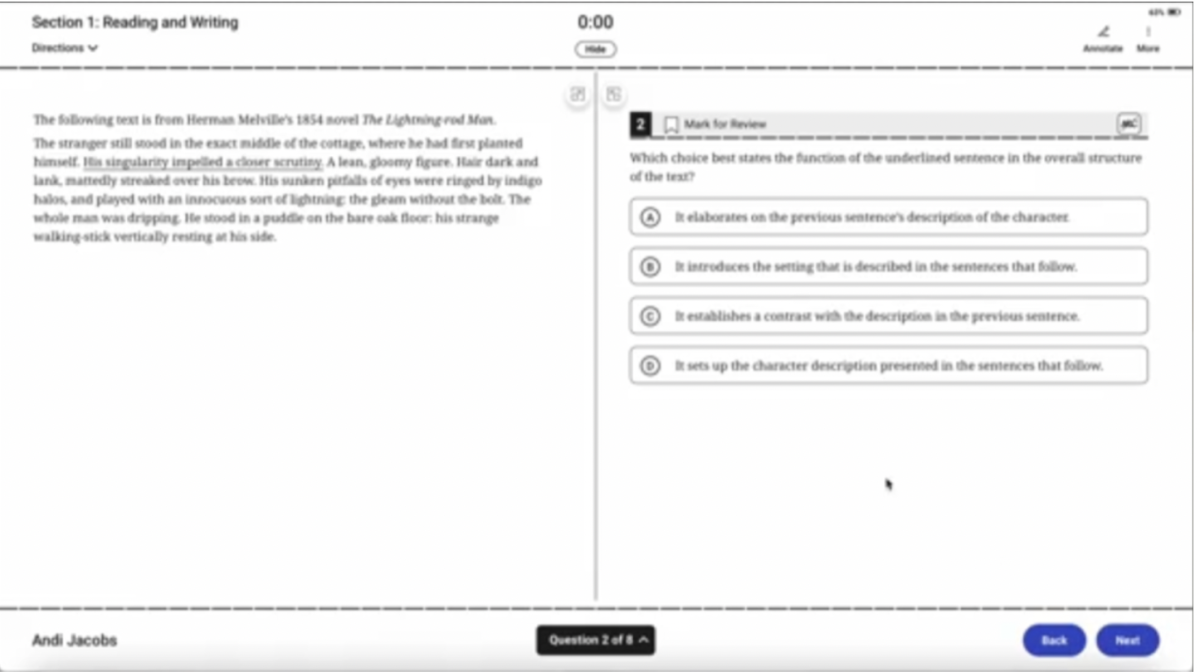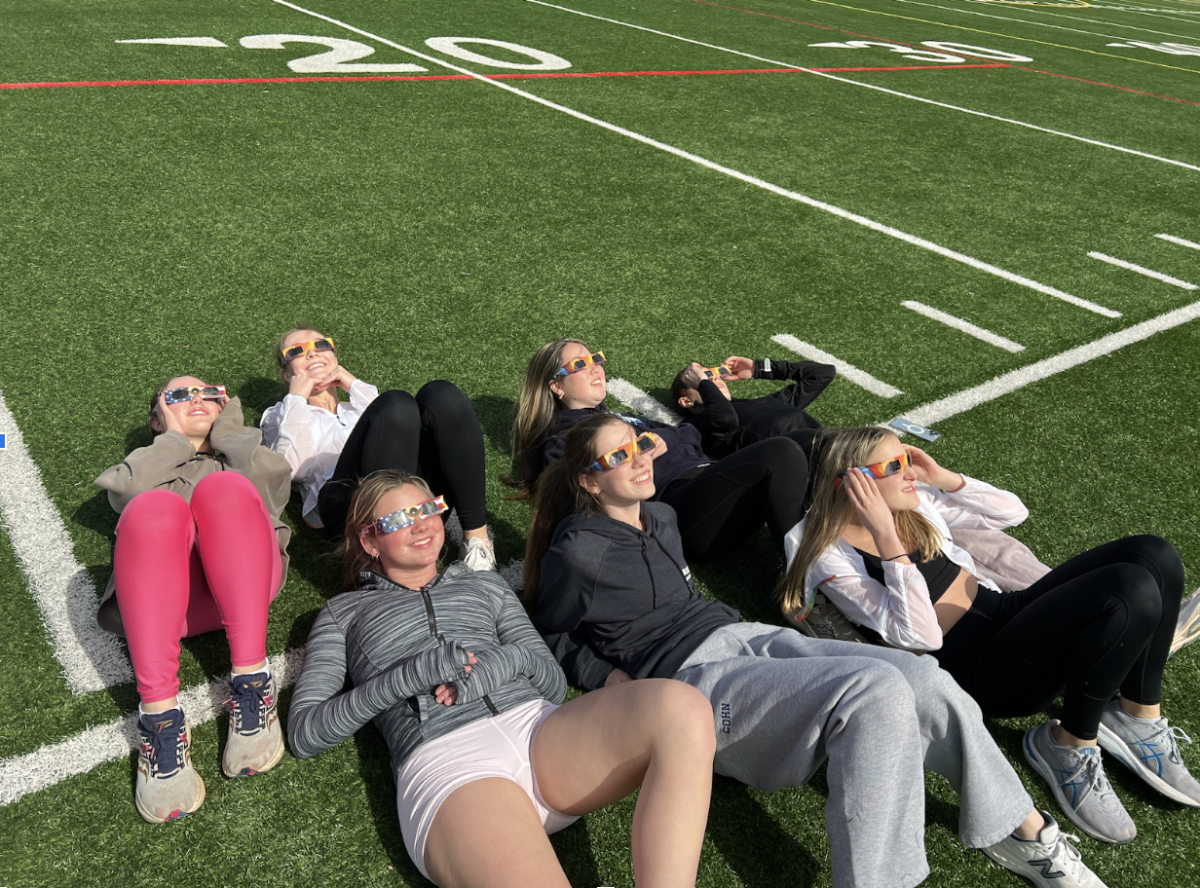Paper Features: Newly-licensed teens act above the law
There is a fairly wide agreement among teenagers when it comes to Connecticut’s driving laws, specifically the one that prohibits newly-licensed teens from driving their friends for a year. Many 16 year olds, it seems, are actually not in favor of being forced to drive alone. Moreover, they go so far as breaking the law at times—despite the potential license suspension. According to Zach Edelman ’17, “everything’s more fun when you do it with your friends. As long as you’re not speeding or doing anything illegal in terms of violating traffic laws, then I don’t see the problem with it.”
Similarly, Abi Genser ’18 described the law as “not being a big deal.” Another senior girl, who wished to remain anonymous, stated, “Within the first three hours that I had my license, I drove people.”
However, despite its popularity, research from the Department of MotorVehicles has documented car crashes as the number one cause of death in 15 to 19 year olds. In addition, the research shows that a teenager is much more likely to be involved in a motor vehicle crash when driving with another teen.
Officers Rachel Baron and Scott Morrison of the Westport Police Department confirmed that new drivers are much more likely to be involved in an accident because it is their first time on the road. The distraction of friends in the car only adds to the possibility of danger and deathly consequences, they said.
While there are a number of factors that could contribute to teenagers’ lack of regard for this law, one reason may revolve around teenagers’ propensity to make rash decisions.
According to Beatriz Luna, a neuroscientist at the University of Pittsburgh, “It’s not that adolescents don’t understand risk […] it’s just that they nd it more rewarding to impress their peers than the risk that’s involved in their actual survival.”
But are teenagers necessarily to blame for their tendency to make these impulsive decisions? Many studies say no. According to the Annual Review of Neuroscience, “ the prefrontal cortex has long been suspected to play an important role in cognitive control, in the ability to orchestrate thought and action in accordance with internal goals.”
Furthermore, researchers at MIT have concluded that, in most cases, the prefrontal cortex does not fully develop until one reaches his or her mid-20s. As a result, it is not uncommon for adolescents to disregard their cognitive reasoning and allow their impulses to take control.
Another prominent factor that contributes to the poor driving decisions among teenagers is peer pressure.
When Rachel Polin ’16 first got her license, she was confident that she would never succumb to driving around her friends until the mandated year had passed. After all, she knew that getting caught would not only put her in trouble with the law but also with her parents.
She lasted four months. Considering that many newly-licensed drivers last no longer than a day, this could be consid-
ered an accomplishment, but it is still eight months short of what the law requires.
“It would suck when all of my friends would get into one car and I’d have to be alone in mine,” Polin said, adding, “A lot of my friends’ parents didn’t care if they drove other people, so [my friends] didn’t understand why I couldn’t drive them.”
Officer Morrison also said that this particular law is enforced for a reason and should not be taken lightly. Drivingis not a right; driving is a responsibility.



